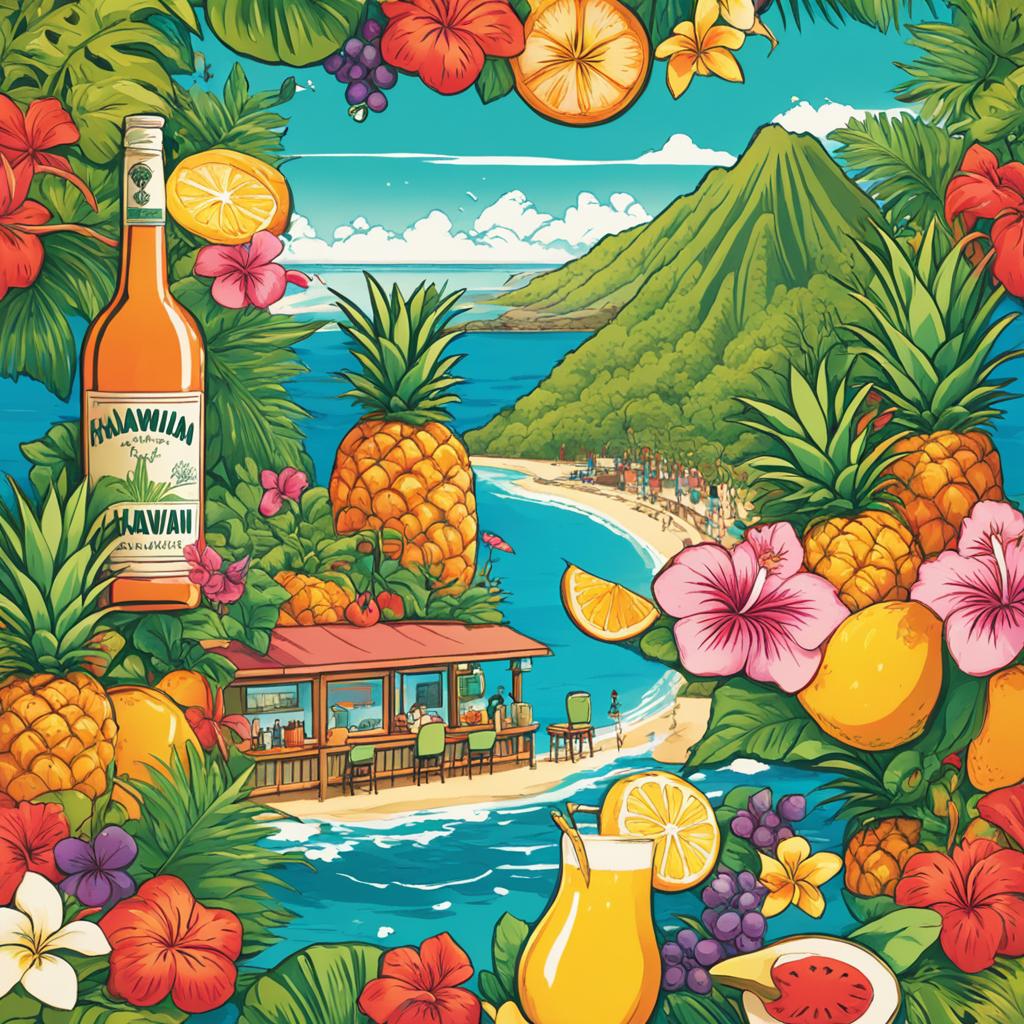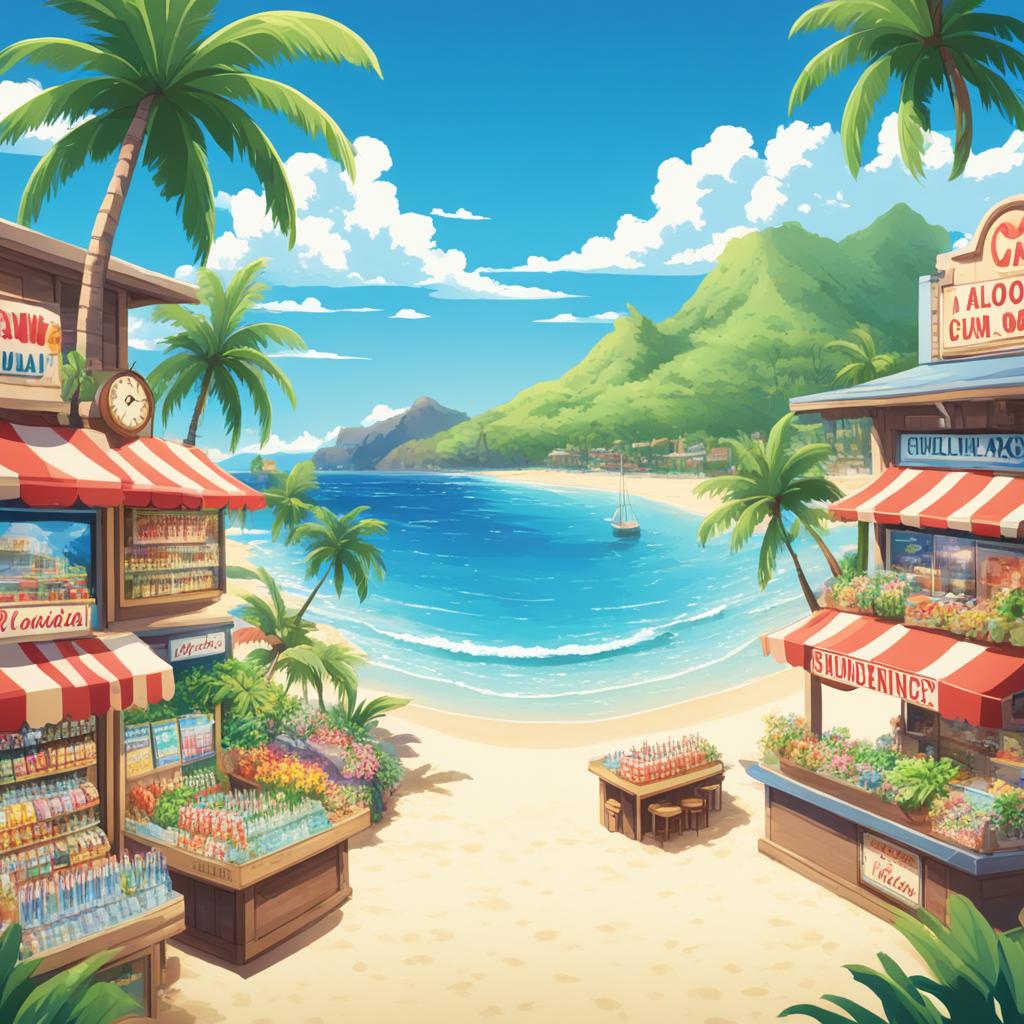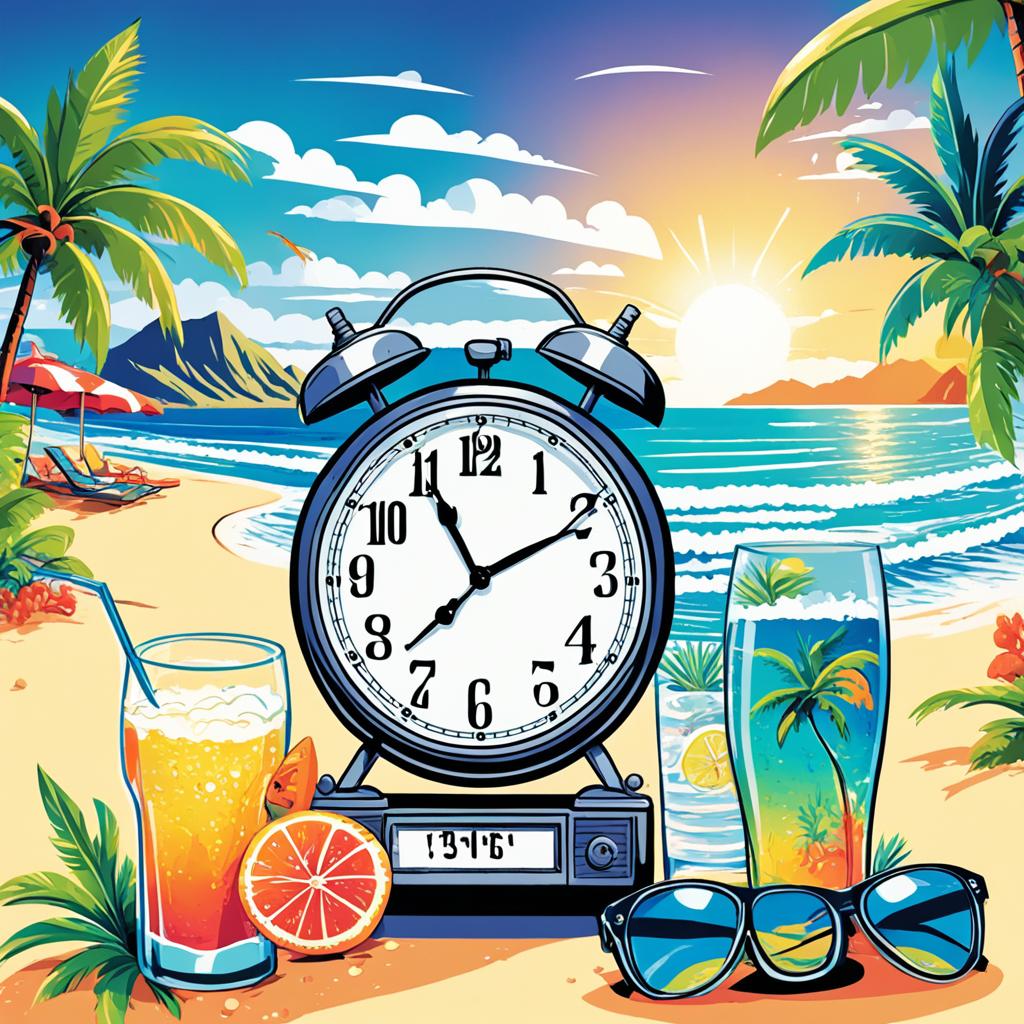Have you ever wondered about the specific hours for purchasing alcohol in Hawaii? Well, you’re not alone. With varying regulations across different counties, it can be quite confusing to know when and where you can buy your favorite alcoholic beverage. But fear not! We are here to shed light on the matter and provide you with all the information you need to quench your thirst. So, let’s uncover the secrets of Hawaii’s alcohol purchasing hours and unriddle the regulations that govern the sale of alcohol in the Aloha State.
When it comes to buying alcohol in Hawaii, the rules and hours can differ depending on the type of establishment and county. Off-premise retail sales, such as grocery stores and convenience stores, generally allow the sale of alcohol between 6 a.m. and 11 p.m. However, bars and restaurants have a wider window, usually from 8 a.m. until 2 a.m., with some obtaining a special “cabaret license” that extends their service hours until 4 a.m. But wait, there’s more! The hours can also be affected by certain holidays and events.
If you’re planning a visit to Hawaii or simply want to stock up on your favorite beverage, it’s crucial to be aware of the specific regulations in each county. To quench your curiosity, we’ll dive deeper into the details of alcohol consumption trends in Hawaii, where to find alcohol, and the laws and penalties surrounding alcohol-related activities. Are you ready to explore the fascinating world of Hawaii’s alcohol scene? Let’s dive right in!
Alcohol Consumption Trends in Hawaii

The consumption of alcoholic beverages in Hawaii has experienced some shifts over the years. Between 2015 and 2020, there has been a +1.06% compound annual growth rate (CAGR) for spirits consumption, a +1.21% CAGR for wine consumption, and a -0.09% CAGR for beer consumption.
The volume sales of spirits in Hawaii in 2020 were dominated by vodka, rum, and tequila, while table wine and sparkling wine were popular choices in the wine category. Craft beer and imported beer were among the top choices in the beer category.
To give you a better understanding of the consumption trends, here is a breakdown of the top-selling alcoholic beverages in Hawaii:
Spirits:
- Vodka
- Rum
- Tequila
Wine:
- Table wine
- Sparkling wine
Beer:
- Craft beer
- Imported beer
Buying Alcohol in Hawaii – Hours, Locations & Taxes

When it comes to purchasing alcohol in Hawaii, you have various options available. Whether you’re looking for beer, wine, or spirits, you can find them at private retail stores, grocery stores, and convenience stores throughout the state.
Off-premise retail sales, including sales in grocery stores and convenience stores, typically take place between 6 a.m. and 11 p.m. This allows you to conveniently purchase alcohol for consumption at home or for gatherings.
If you prefer to enjoy your drinks at bars and restaurants, on-premise alcohol sales are permitted from 8 a.m. to 2 a.m. Here, you can savor a wide range of alcoholic beverages while relishing the ambiance and offerings of these establishments.
Please note that these sale hours may vary depending on the county and the specific establishment’s license. It’s always a good idea to check with the location you plan to visit for their specific hours of alcohol sales.
It’s important to be aware that alcohol excise taxes are applicable in Hawaii. The rates of these taxes vary depending on the type of alcoholic beverage. This helps fund various programs and initiatives in the state.
| Type of Alcoholic Beverage | Alcohol Excise Tax Rate |
|---|---|
| Beer | $0.93 per gallon |
| Wine | $1.38 per gallon |
| Spirits | $5.98 per gallon |
By understanding the alcohol purchasing options, hours, and tax regulations in Hawaii, you can make informed decisions and ensure a smooth and enjoyable experience while purchasing and consuming alcoholic beverages.
Hawaii Alcohol Laws and Regulations
In Hawaii, the sale, purchase, import, manufacturing, and consumption of alcohol are regulated by the Department of Liquor Control. This regulatory agency ensures that alcohol-related activities in the state adhere to specific laws and regulations.
One important aspect of alcohol regulation in Hawaii is the legal drinking age. The legal drinking age in Hawaii is 21 years old. It is illegal for anyone under the age of 21 to consume alcohol in the state.
The Department of Liquor Control also has specific laws regarding the sale of alcohol on Sundays. The hours during which businesses can sell alcohol on Sundays may vary depending on the county and the type of establishment. It is recommended to check with the specific establishment for their Sunday alcohol sales hours.
Additionally, it’s important to note that servers in Hawaii can serve customers if they are 18 years old and under the supervision of a person who is 21 years old or older. This allows restaurants and bars to employ individuals who are 18 years old to serve alcohol as long as they have proper supervision.
Understanding Hawaii’s alcohol laws and regulations is crucial to ensure compliance and avoid legal issues. It’s important to stay informed about the specific rules and regulations, as they may vary between counties.
Hawaii DUI Laws and Penalties
Hawaii takes driving under the influence (DUI) very seriously. It is important to be aware of the state’s strict laws and the severe penalties that can result from a DUI conviction. To ensure everyone’s safety on the roads, Hawaii has established specific guidelines regarding blood alcohol content (BAC) limits for drivers.
For drivers under the age of 21, the legal BAC limit is 0.02%. This means that even a small amount of alcohol can put young drivers at risk of DUI charges. For drivers who are 21 and older, the BAC limit is 0.08%, which aligns with the standard limit in many other states. It is crucial to remember that reaching or exceeding these limits can have serious consequences.
When a driver is suspected of DUI in Hawaii, they are required to comply with chemical testing to determine their BAC. Refusing to take the test can result in automatic license suspension, regardless of whether the driver is guilty or innocent. It is essential to cooperate with law enforcement during these situations.
Penalties for DUI convictions in Hawaii vary depending on several factors, such as the driver’s age, BAC level, and prior convictions. The consequences can include hefty fines, mandatory community service, mandatory alcohol education programs, license suspension or revocation, and even jail time. The severity of the penalties increases with subsequent offenses.


